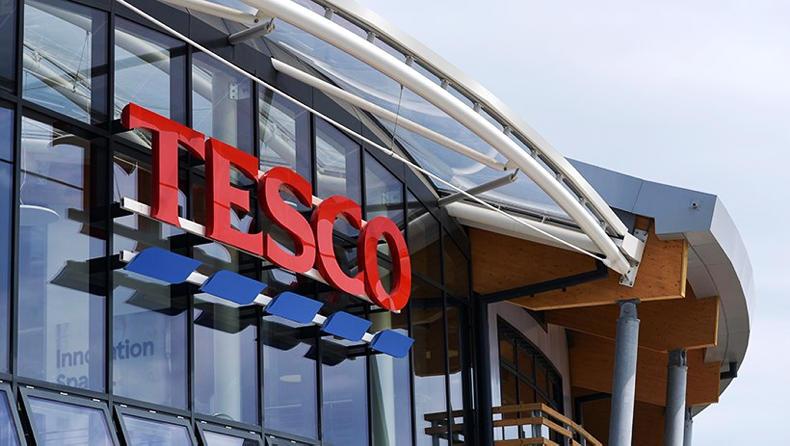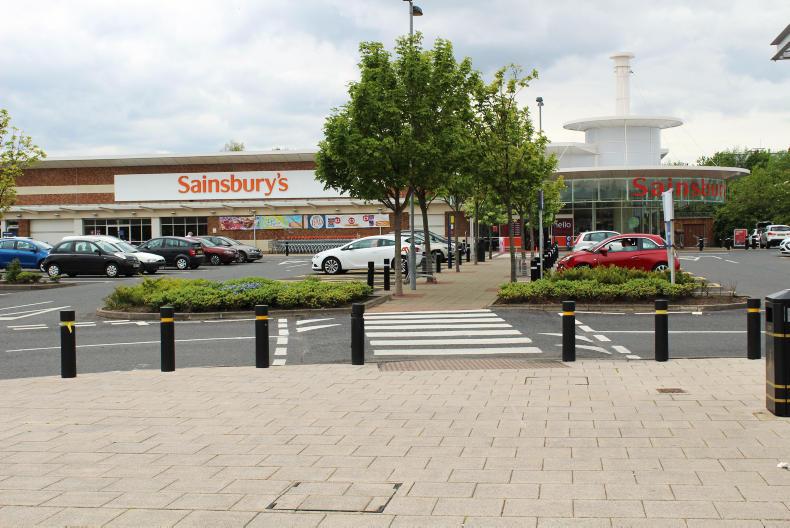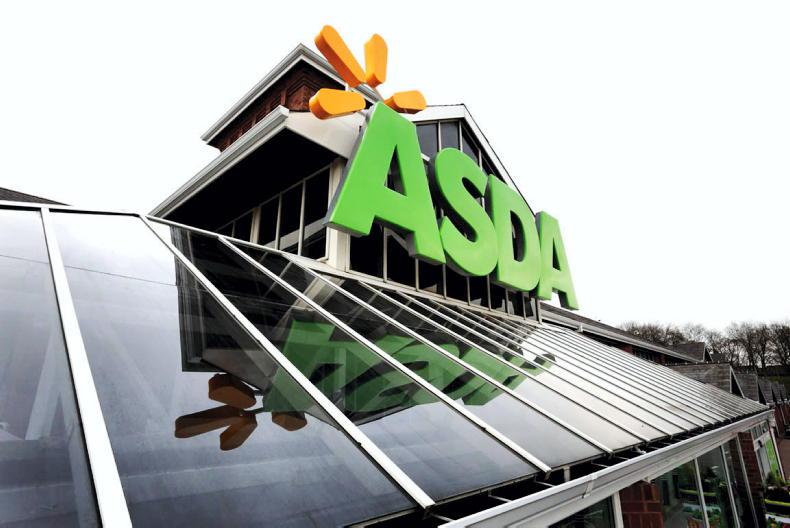Farmers in the UK were annoyed in recent days by the UK supermarket group Asda importing beef from Poland. The top three UK supermarket groups who account for half of grocery sales, have a policy of sourcing British and Irish. Within that they lean heavily towards British with Sainsbury and Tesco usually at 80% to 90% of their beef offering, while Asda tends to be between 60% and 70%.
The UK is different from Ireland in that they produce just 80% of the beef they consume whereas Ireland just consumes 10% of the beef we produce. Seeing imported produce is particularly annoying to farmers especially at a time when cattle prices are poor.
However as we export 90% of our production, a drive to nationalise sourcing across the EU would destroy the Irish beef industry.
There is already an example from France where farmer protests a few years ago mean that since no French supermarket of any significance will put Irish or any other imported beef on their shelves. Thankfully the idea hasn’t caught on in other EU countries and Irish beef (and lamb) is widely available in shops in most of western Europe.
Beef labelling
EU beef labelling legislation which requires every pack of meat to display its country of birth, rearing and slaughter has been around since 2002. As a policy it seems out of step with EU values but was a response to the BSE caused consumer confidence crisis in beef in 2000 when market research revealed consumer confidence in their own country’s production. At that time the Irish beef industry was concentrated on just the UK and wider global export market with the assistance of EU export refunds. These ended in 2005 and since then Ireland has been building the continental market both in retail and food service.
Beef labelling restricts the options for Irish farmers selling cattle. It is now virtually impossible to sell cattle to Britain for finishing, a trade that has centuries of tradition. This is because once an animal is sold and slaughtered outside the Irish jurisdiction, it loses its Irish identity label. Even cattle going to Northern Ireland for slaughter cannot retain it and this also limits that market opportunity.
Single market
As part of the EU single market (which Britain also is in until the end of the year at least), there is complete free movement of goods between all member states. Supermarkets on the island of Ireland sell more or less exclusively local beef and lamb plus some New Zealand lamb when it is in season. As in Britain, supermarkets are keen to have the image of supporting farmers hence the frequent use of farmer images in the isles. There is no harm in encouraging shoppers to buy local produce but we cannot encourage a complete anti import policy in the single market so long as a product is properly labelled and shoppers aren’t being deceived into thinking they are buying something that they are not.











SHARING OPTIONS